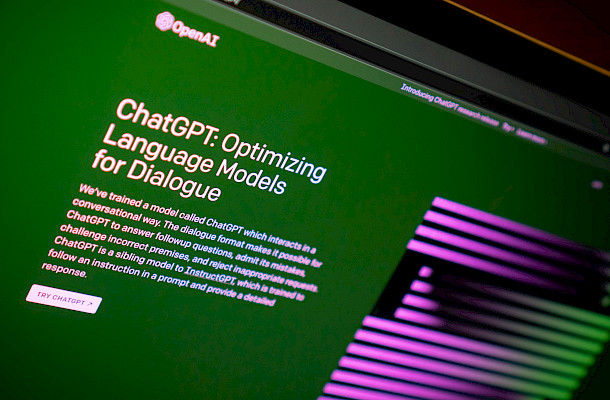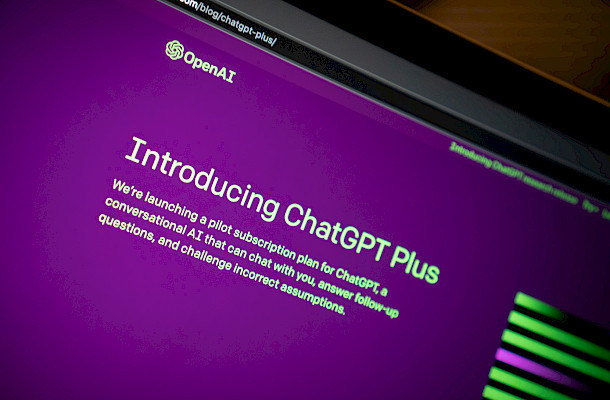All about Chat-GPT
ChatGPT is an advanced language model powered by artificial intelligence that can engage in human-like conversations and provide detailed responses to a wide range of queries. We should care about ChatGPT because it has the potential to revolutionize fields such as customer service, education, and research, by offering scalable and accessible solutions to complex problems.

A policy approach to handle ChatGPT in your organization
ChatGPT has been hitting the news for its breakthrough ability to understand and generate text across a multitude of topics and can engage in conversations, answer questions, provide explanations, and more. More of such Generative AI algorithms and applications have been introduced in the market such as Synthesia, Copy.ai and GitHub Copilot. These tools are currently used independently by individuals in organizations. Also, ChatGPT’s API integrations permits organizations to train custom versions of ChatGPT and provide integrations with internal interfaces. Some organizations have banned the use of ChatGPT whereas some have left their employees without guardrails. An internal policy on how and when to use Generative AI applications and integrations is the best approach to maximize ROI while managing appropriate risk levels.

Anch.AI’s Guide to Chat-GPT
We at anch.AI, like many others, have taken note of the massive attention and paradigm shifts brought on by the success of Chat-GPT and other state-of-the-art Generative AI models. The need for Responsible AI across society is booming more than ever. AI systems such as Chat-GPT are showing massive benefits, disruptions, and potential for harm due to output which could harm safety and encourage misinformation and discrimination. To help understand and navigate the opportunities and potential pitfalls around Chat-GPT we have decided to share our knowledge in the form this guide to for our Responsible AI community.

ChatGPT4 – enorma möjligheter men både ett GDPR och etiskt bekymmer
Den italienska regeringen har beslutat att tillfälligt förbjuda OpenAI’s ChatGPT för att utredan huruvida den bryter mot GDPR, som omhändertar EU medborgares integritet. Men det finns även risk för andra potentiella övertramp, som diskrimineraing, som EU-medborgare exponeras för. Innan EU’s AI lagstiftning träder i kraft nästa år behöver den svenska regeringen inleda en utredning för att undersöka hurudvida OpenAI bryter mot GDPR och hur våra mänskliga rättigheter omhändertas i generativa AI system som ChatGPT.

ChatGPT’s rapid entry – Urgent for the government to appoint an authority for responsible AI
The recently rewritten AI solution, ChatGPT, challenges us in a completely new way. With the opportunities that the generative AI system creates, we are at the same time facing a historically important crossroads – should AI control humans or the other way around. Swedish business and Swedish authorities need an ethical approach to AI, but above all support with a risk assessment framework to guide the development of AI solutions in accordance with our values. In addition, the EU’s AI legislation is around the corner for responsible AI. It is urgent that the government appoints a responsible authority for ethical AI.
Reach out to our AI expert
-

Anna Felländer
CEO, anch.AI

Anch.AI is an Ethical AI Governance platform that helps you comply with EU regulations and avoid risks and penalties when developing and using AI as part of your business.
or send us a message.
Do you want to know more about anch.AI? Fill the form below and we will get back in touch shortly.
Please provide a valid email address.
Ladda ned artikeln genom att fylla i fältet nedan!
© 2023 anch.AI AB, all rights reserved

